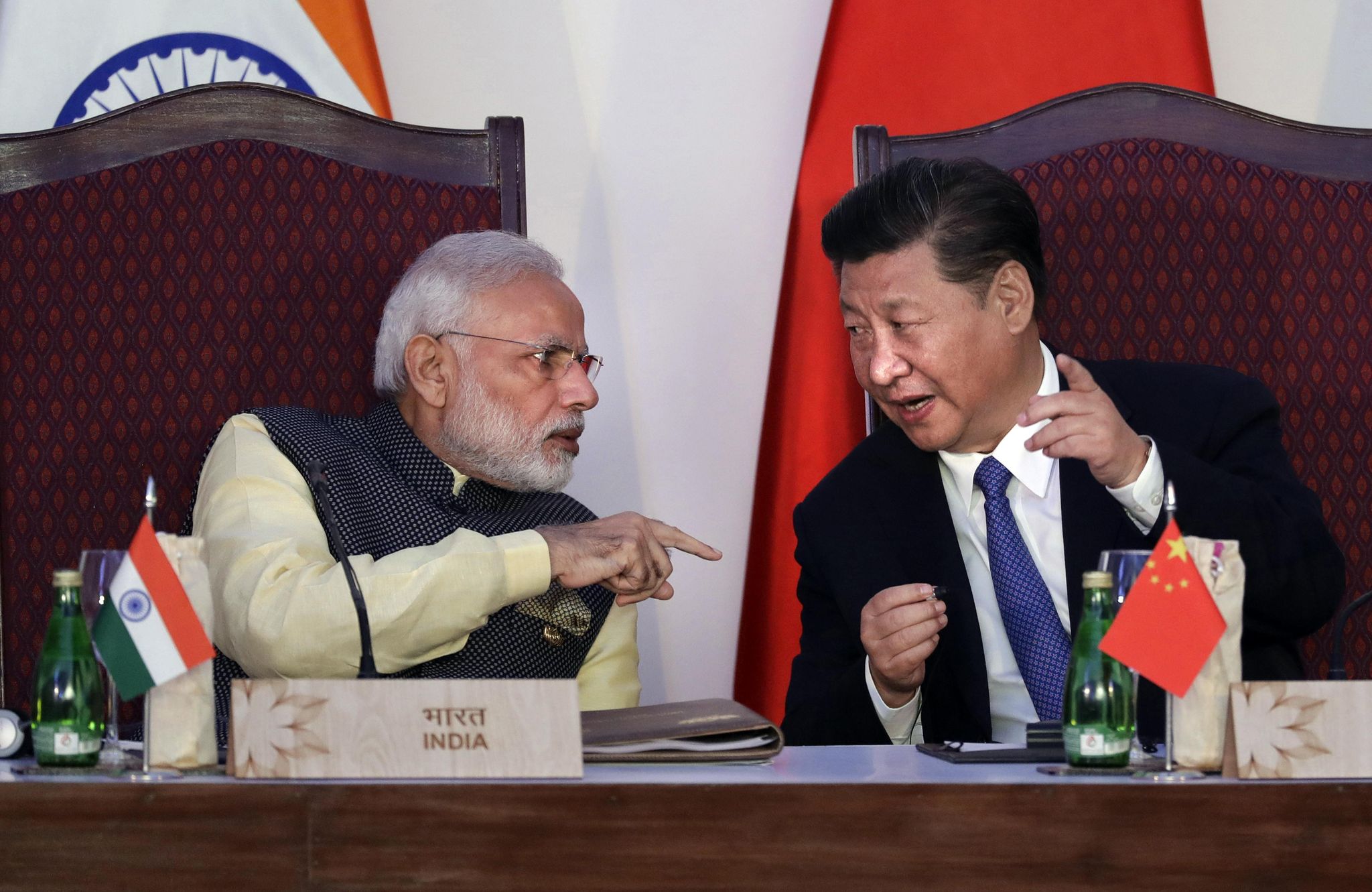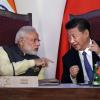
VARANASI, India | Bhutanese voters have already decided to oust their current leaders, voting out their prime minister and his political party in the first round of parliamentary elections last month.
VARANASI, India | Bhutanese voters have already decided to oust their current leaders, voting out their prime minister and his political party in the first round of parliamentary elections last month.
Now many voters of this tiny, ancient kingdom hope that whoever wins the second round Thursday will renegotiate their lopsided longtime alliance with India and make nice with rival China.
“We love our sovereignty,” said Pawo Choyning Dorji, 35, a photographer in the capital of Thimphu. “We appreciate how India has helped in the development of Bhutan, but our relationship with India has cost us our sovereignty. India must know that someday Bhutan is going to establish a good relationship with China.”
In modern “Great Game” playing out far from the focus of much U.S. and Western foreign policy these days, Bhutan is just one case study of China and India jockeying for influence across South Asia, a clash of interests that has been playing out in recent years in countries from Bangladesh and Nepal, to Sri Lanka, Myanmar and the Maldives.
But it is the tiny country of Bhutan where the rivalry is hottest these days.
“It’s a tiny speck of a country in South Asia, and it was only last summer’s standoff between India and China that brought Bhutan to the headlines,” said Faisel Pervaiz, South Asia analyst at the global think tank, Stratfor. “But now, what looks to be an election in a tiny, mountainous Himalayan kingdom actually has geopolitical implications between the world’s two most populous countries.”
Both countries are closely watching the results, hoping for an advantage in the future. The ruling party had been very close to India, analysts said.
In fact, India has had a “hegemony by default” in the region for decades, being the largest country in terms of size and population with the strongest economy and military. And while it has strong cultural and linguistic ties to its neighbors, it is Bhutan where India has played the most dominant role, all but dictating its foreign and economic policy, and being its dominant benefactor and trade partner.
Enter China with its Belt and Road initiative, it’s “Marshall Plan” to underwrite and build massive infrastructure projects across Asia, Africa and Europe. In South Asia, Beijing has been calling on governments with offers of investments, loans and economic partnerships, talking to countries who lack resources for roads, bridges and ports. As a result, they have been very receptive.
India has been so concerned that it has tripled its foreign aid over the past seven years — the most going to what it sees as its buffer state of Bhutan — and upped its own offer of loans, infrastructure projects and other economic and military cooperation.
Last year, the rivalry came to a head.
New Delhi has long had an interest in protecting the so-called narrow “chicken neck” near Bhutan that connects northeastern India to the rest of the country. Last year, Indian troops stopped Chinese forces from building a road on Bhutanese-controlled land on the Doklam plateau that Beijing has long claimed, stoking fears of a repeat of the Sino-Indian border war of the early 1960s. Both sides stood down after talks.
In Bhutan, many now see China as the future.
“China is beneficial for us,” said Shyam Parajuli, 46, who sells gifts and knickknacks, often to Chinese tourists, in Thimphu. “They pay a good price for the goods they buy here. Indians don’t, because they know every inch of this country very well.”
Some voters thought it would be a boon for local business.
“We get most of the business-related items from India but recently China has started giving us cheap products which make the trade cheaper, and many people prefer cheap products here,” said Sangay Choden, a middle-aged teacher in Thimphu. “If we get more trade goods from China on regular basis, we may be able to do more business with more profit.”
Other noted, however, that India provides Bhutan with crucial aid and the lion’s share of its commerce.
“We enjoy Indian liquors in the bars here, thinking how to loosen the Indian hold around our neck,” said Pushpa Gurung, a 28-year-old aspiring fashion model.
Many Bhutanese, resenting recent pressure by India to limit relations with Beijing, insist they are not worried of becoming another Tibet — the remote land incorporated into China after Mao’s takeover in the late 1940s. That development was one reason why Bhutan drew closer to India in the first place. The world has changed since then, said Thimphu-based political blogger Yeshey Dorji, 63.
“We are not worried about China entering Bhutan — this is not the 1950s or 1970s,” Mr. Dorji said. “If China wants to enter Bhutan, they will employ economic means — as does India, to subjugate Bhutan. Once our boundary issues are sorted out, China will be as good a neighbor as any other country.”
• Jabeen Bhatti reported from Berlin; John Dyer in Boston contributed to this report.






